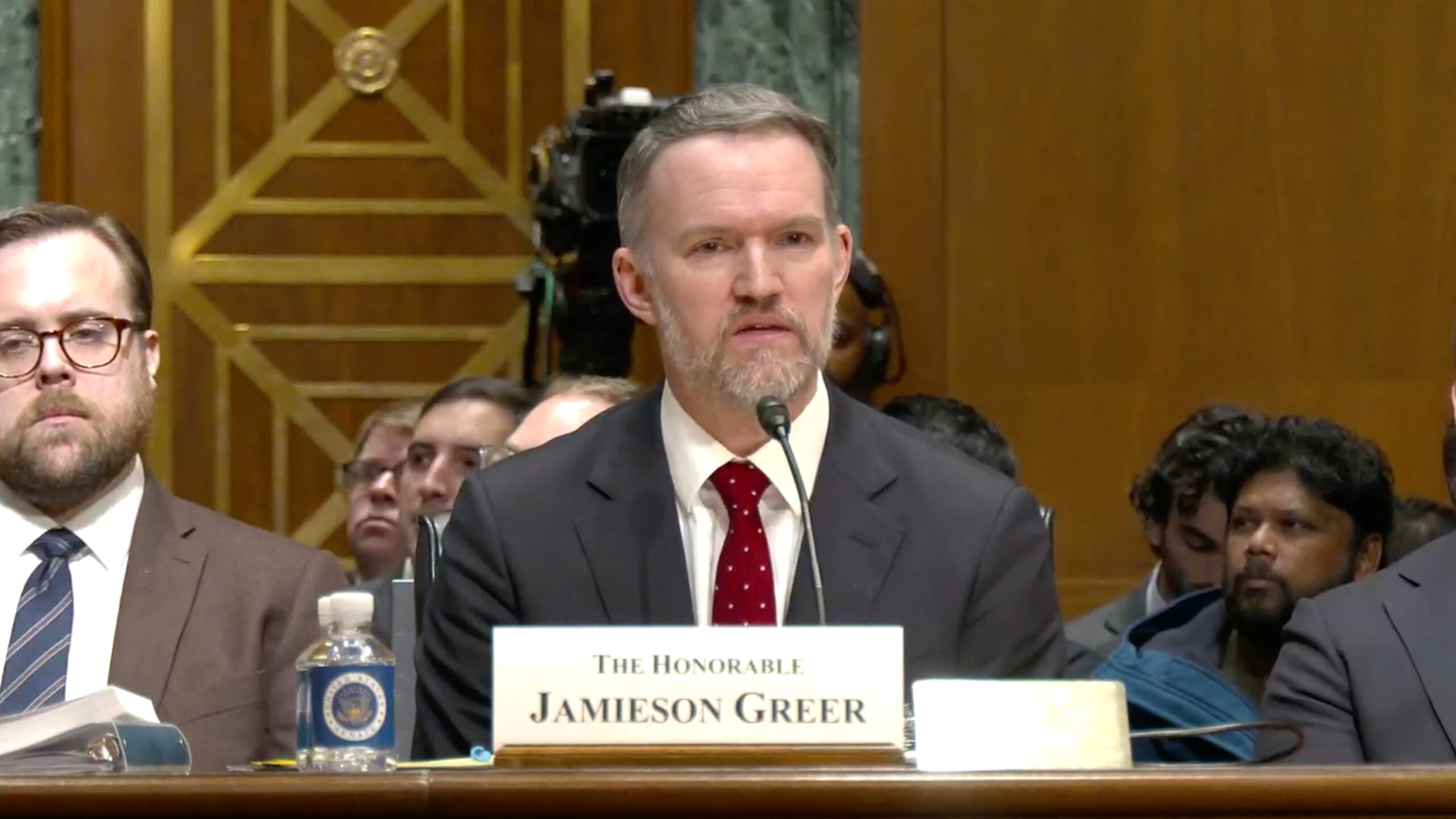
Our economy has suffered through thirty years of very slow growth. The median wage has stood still and almost all our economic gains have gone to the top one percent.
[Ralph Gomory| January 26, 2017 |The Hill]
This is not the economy we want. But if we want something better, we will have to change some widely held beliefs.
First of all we have to realize that the world that we live in is not a world of free trade; it is a world of mercantilism, a world in which many foreign governments do whatever it takes to make their industries succeed.
And in that world of mercantilism there is a fundamental conflict between the goal of building strong, widely shared prosperity in the United States, and the current actions of our corporations, whose aim is to maximize their profit first and foremost.
They believe it is someone else’s job to take care of the American economy.
Today our great American companies can often maximize their profits by taking their technology and know-how to Asia. There they get subsidies in the form of underpriced currencies, ready-built factories, tax incentives, and sometimes cheap labor.
A country like China can add enough in subsidies to make outsourcing to China much more profitable for our companies than making things in the U.S.
The result is that subsidized imports have often harmed our domestic industries in one sector without being balanced by increased exports in another. So we end up sending wages and technology overseas. We get in return only an increase in profit for the shareholders and top management.
This results in unbalanced trade, now at about $500 billion dollars a year.
If we go on imagining that we are in a free trade world our economy will not improve. And outside of the presidency, signs of change are few and far between.
Currently, Republicans are advocating a border adjustment tax. They discuss and argue about the consequences of, for example, putting a 20 percent tariff on all incoming goods. Would it make imported goods more expensive? Would it make the dollar stronger or weaker? Would a stronger dollar mean cheaper goods? Would the border adjustment tax balance trade or have no effect?
While there is no agreement about the effect of the border adjustment tax, it is clear that they are still discussing and arguing about a world of market forces, not a mercantilist world.
There is no discussion of the fact that if they wind up with a border adjustment tax of 20 percent, the Chinese government can simply up its basket of subsidies by 20 percent and we are back where we started.
If we go down this path we will once more wait years for an improved economy that never comes.
But there are actions we can take that will have a positive impact. I will only mention two, but once you start thinking realistically there are many more.
First, we can simply and directly balance trade. Fortune recently republished Warren Buffet’s 2003 article in which he proposed “Import Certificates.” The essence of his proposal is this: If you are an exporter, the U.S. government gives you Import Certificates to the amount of your exports. You are free to sell these certificates. An importer cannot import into the U.S. without buying import certificates to the amount of his imports.
This immediately balances trade no matter what your trading partner does. Imports simply cannot exceed exports, and market forces are left to decide who on our side decides to export.
We can choose to make this change gradually. We may choose to treat different industries differently, but import certificates would do the job. It is in our power to balance trade.
Here is another direction: We traditionally use R&D tax credits to spur research and development. Why not tax credits for companies with high value added in the United States? Let us make the corporate income tax lower, but let’s make it lower proportioned to the productive activity that companies have within the United States and not outside our borders.
So even in this mercantilist world we can act in ways that are good for the country if we choose to open our eyes to reality.
As president-elect, President Trump already, in his own way, put pressure on companies to change their direction. Now as president he has ended our participation in the TPP. Can he prevail against the usual forces that are now moving toward the border adjustment tax?
I hope he can.
Ralph Gomory is a research professor at New York University’s Stern School of Business and a recipient of the National Medal of Science. He is a former president of the Alfred P. Sloan Foundation and former director of research at IBM.












